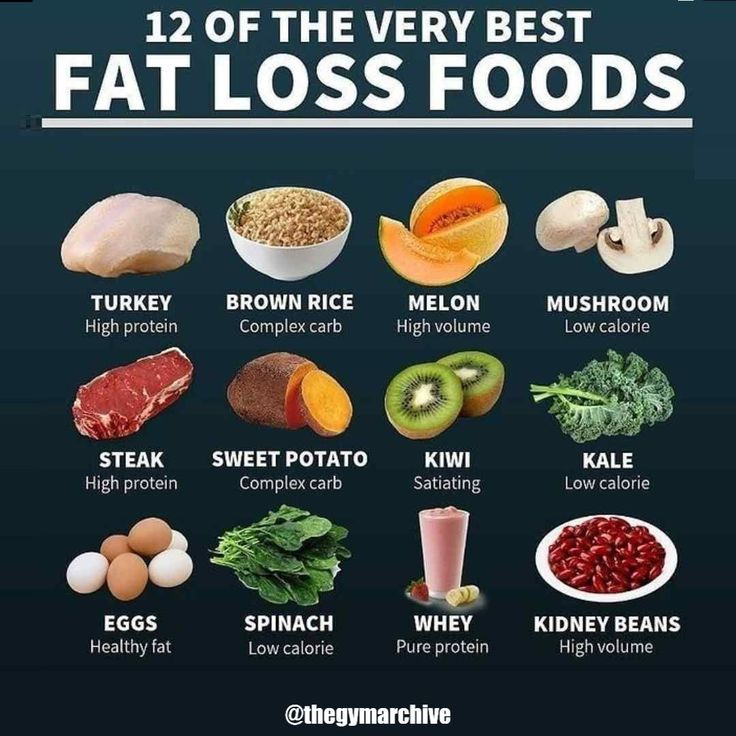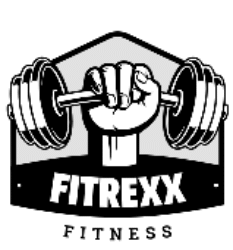
Fat Loss Diet: The Ultimate Guide to Losing Weight the Healthy Way
Introduction
If your goal is to lose weight effectively, following the right fat loss diet is one of the most powerful strategies. Exercise is important, but nutrition plays a much bigger role in how your body burns fat. A smart and sustainable fat loss diet helps you reduce excess body fat while keeping your body nourished and energized. Instead of quick fixes, this guide focuses on long-term, healthy methods to achieve results that last.
What is a Fat Loss Diet?
A fat loss diet is a structured eating plan that prioritizes calorie balance, nutrient-dense foods, and portion control. Unlike fad diets that force you to starve, a proper fat loss diet ensures your body gets enough proteins, carbs, and healthy fats while creating a calorie deficit. The idea is simple: eat fewer calories than you burn, but in a way that fuels your workouts and supports overall health.
Key Principles of a Fat Loss Diet
-
Calorie Deficit
The foundation of any diet is a calorie deficit. To lose fat, your body needs to burn more calories than it consumes. However, the deficit should be moderate to avoid weakness and muscle loss. -
High Protein Meals
Protein keeps you full for longer and preserves lean muscle mass during weight loss. Eggs, chicken, fish, beans, and tofu are excellent choices in a fat loss dieet. -
Balanced Nutrition
A good fat loss diet doesn’t eliminate carbs or fats but balances them. Whole grains, nuts, avocados, and olive oil provide sustainable energy. -
Hydration
Water supports metabolism and helps prevent unnecessary snacking. In a fat loss diet, aim for 8–10 glasses daily. -
Whole Foods First
Instead of processed junk, focus on fresh fruits, vegetables, whole grains, and lean proteins.
Sample Fat Loss Diet Plan
Here’s an example of a one-day fat loss dieet plan:
-
Breakfast: Oatmeal with nuts, seeds, and berries
-
Snack: Greek yogurt with a handful of almonds
-
Lunch: Grilled chicken breast, quinoa, and mixed vegetables
-
Snack: Apple slices with natural peanut butter
-
Dinner: Baked salmon, sweet potato, and green salad
-
Hydration: Drink water throughout the day, at least 2–3 liters
This balanced fat loss diet ensures steady energy, reduced cravings, and effective fat burning.
Common Mistakes in a Fat Loss Diet
-
Skipping Meals: Slows metabolism and increases cravings.
-
Extreme Calorie Cuts: Causes fatigue and muscle breakdown.
-
Cutting Out Carbs Completely: A healthy fat loss diet should include complex carbs for energy.
-
Overeating Healthy Foods: Even nutritious items can lead to excess calories.
Benefits of a Fat Loss Diet
-
Sustainable Weight Loss: Steady progress without harming health.
-
Improved Energy Levels: Balanced meals prevent fatigue.
-
Better Digestion: Fiber-rich foods enhance gut health.
-
Muscle Maintenance: High-protein foods in a fat loss dieet support lean muscle.
Conclusion
A fat loss is not about starving yourself—it’s about making smarter food choices. By focusing on calorie control, protein-rich meals, hydration, and whole foods, you can achieve lasting results. Consistency is key; the best fat loss dieet is the one you can follow long-term without feeling deprived. Commit to this lifestyle, and you’ll notice not only fat loss but also improved health and energy.
A fat loss is a balanced eating plan designed to help reduce body fat while maintaining energy and muscle strength. It focuses on calorie control, high protein intake, healthy fats, and nutrient-rich whole foods. By following a sustainable , you create a calorie deficit that supports steady weight loss without starving your body. Proper hydration, portion control, and avoiding processed foods are key factors. A consistent fat loss diet ensures long-term results and improved overall health.
Follow us on: Instagram
